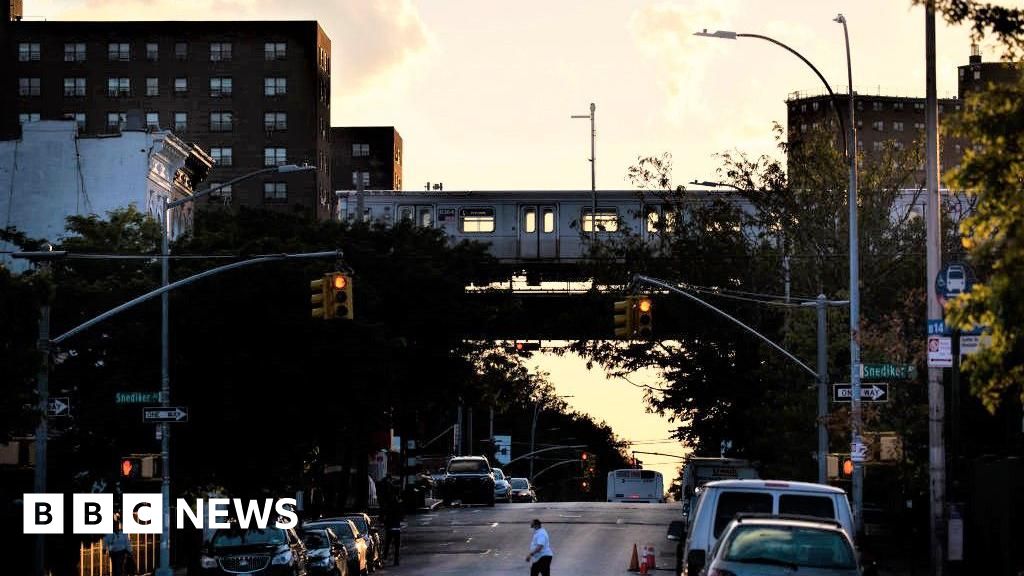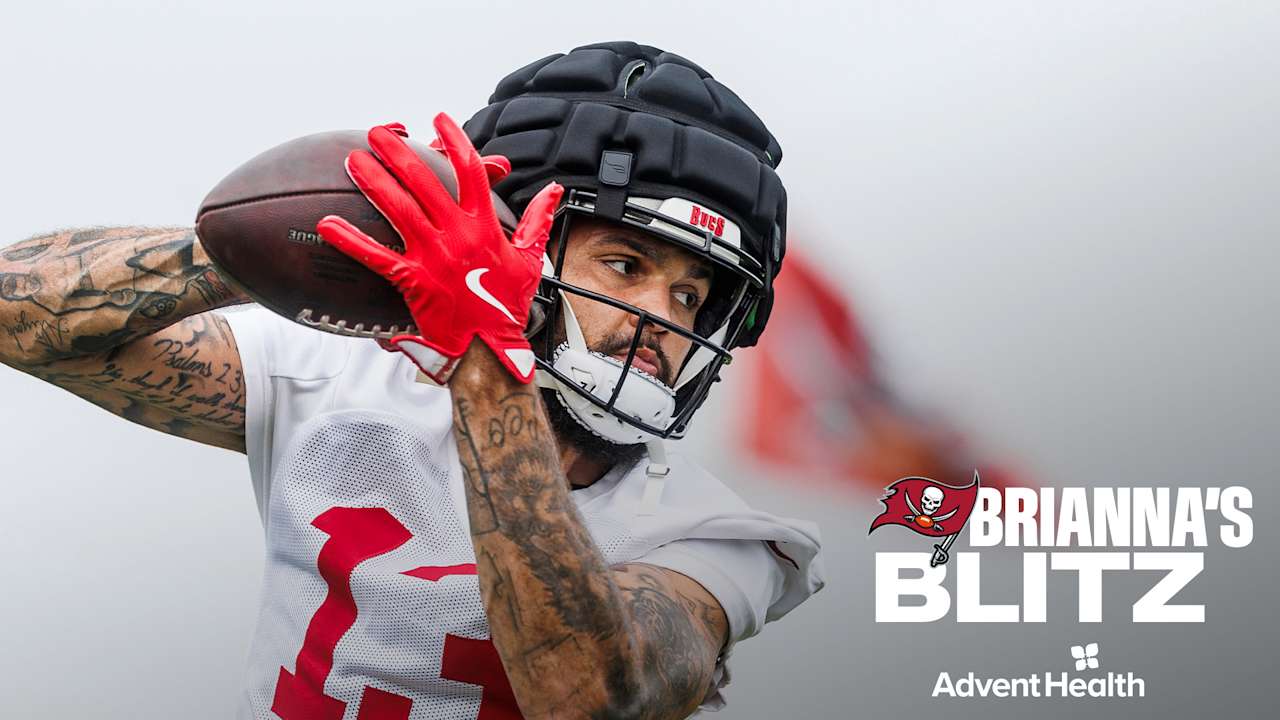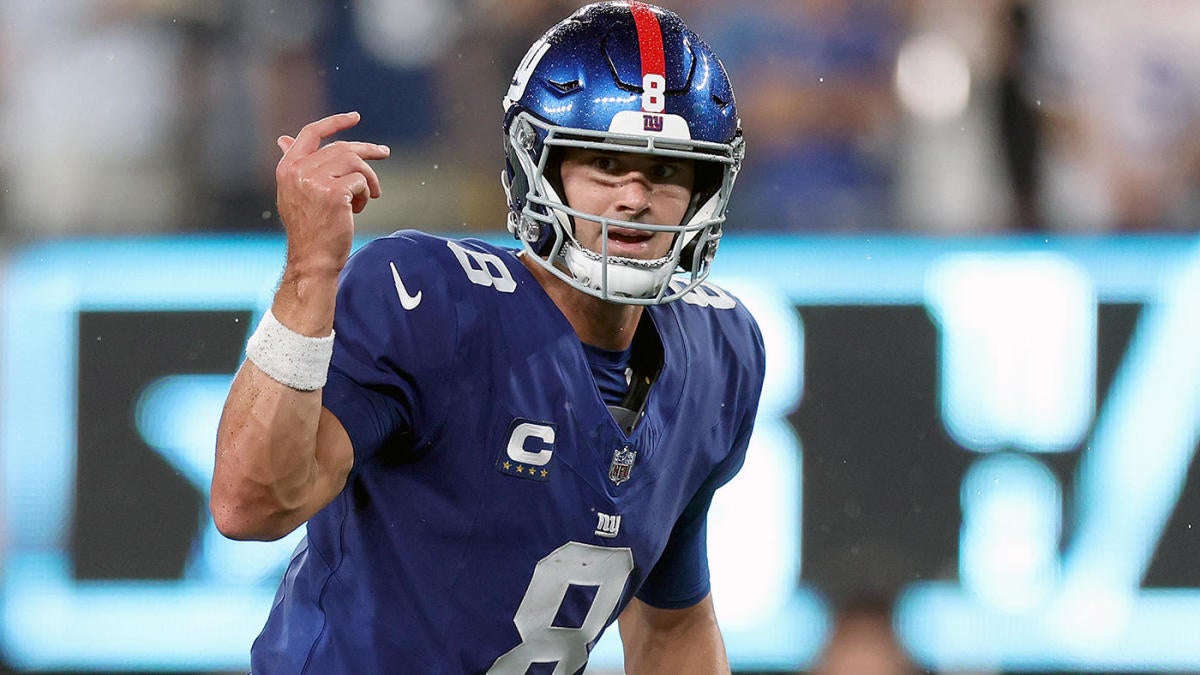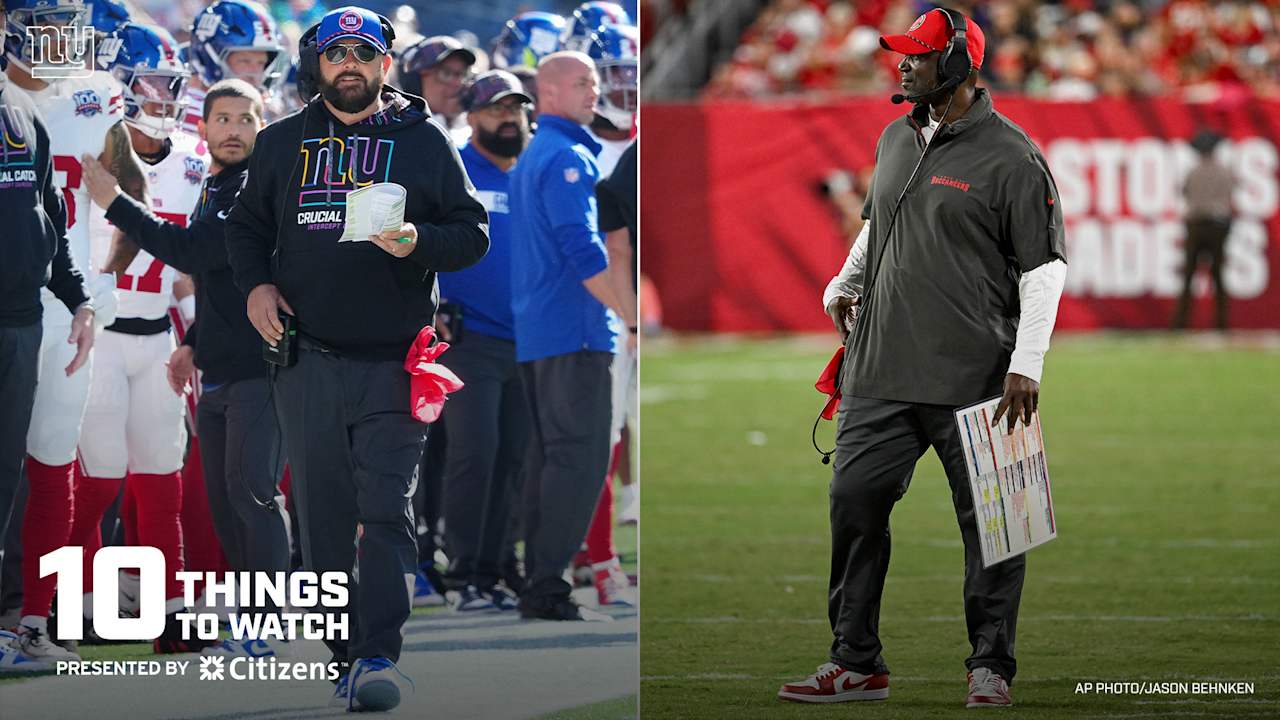Bussiness
Bystander shot in head as New York police tackle fare-evader

New York police have defended their actions after a bystander was shot in the head as two officers tackled a fare-evader armed with a knife in a busy subway station.
The man was in critical condition after the shooting at Sutter Avenue L station in Brooklyn on Sunday afternoon. Three others, including the suspect, were wounded.
Police said officers challenged a suspected fare-evader, then shot him after he threatened them with a knife. His condition is critical.
New York authorities have made reducing crime on the subway and buses a top priority following a series of violent attacks, robberies and murders. A crackdown on fare evasion is part of that push.
But critics have questioned how the pursuit of a minor offender escalated into the use of lethal force in a crowded space.
Tom Donlon, the city’s interim police commissioner, ordered a full investigation but added: “Make no mistake, the events that occurred… were the results of an armed perpetrator”.
The officers involved have not been named by police.
The bystander who was shot and had critical injuries has been identified in New York media as Gregory Delpeche. The New York Daily News reports that he was on the way to his job at a local hospital, which he’s had for more than 20 years. The wound to his head has left him with possible brain damage, his family told the outlet.
Jennvine Wong, of the Legal Aid Society Cop Accountability Project, told The New York Times that police had endangered lives after choosing “in an enclosed space … to use disproportionate force”.
In a press conference, NYPD Chief of Department Jeffrey Maddrey said that two officers had seen a man – later identified as Derrell Mickles – go through barriers without paying.
Mr Maddrey said body camera footage showed the suspect threatening to “kill” the officers if they followed him, before confronting them with a knife.
The footage shows a train pull into the station as the confrontation escalates. The officers fired Tasers at the man – to no effect – as he attempted to board the train, before he jumped back to the platform.
“At one point, he is advancing on one of the officers with his knife,” Mr Maddrey said. “The officer stands back, he draws his weapon, and both officers at this point fire.”
Two bystanders, a police officer and the suspect were hit.
Mr Maddrey said that the officer realised he had been shot in the armpit but continued to perform “life-saving measures” on the suspect. Both officers then realised that two bystanders had also been hit by gunfire. Two other officers then arrived and aided the wounded.
Officials said that the suspect had a record of 20 previous arrests and a significant history of mental illness.
Janno Liever, the chief executive of the Metropolitan Transportation Authority, said that the incident “started because somebody wanted to come to the transit system with a weapon, somebody who… had a history of crime and a history of violence and even gun charges”.
The police said on Sunday that a knife had been recovered and posted a picture on social media. The next day, however, it posted another message saying the knife had been taken from the crime scene by an unidentified man.
Officers recovered a different knife from the scene, thinking it was the one that the suspect had been carrying, according to the Gothamist.
An NYPD spokesman told the news website that the knife they picked up must have been left behind by another subway rider.
City authorities have attempted to expand the police presence on its transport system following a surge in crime. All stations on the city’s system have security cameras and pilot schemes are being run to scan passengers for weapons.
The MTA last year announced a crackdown on fare evasion, backed by enforcement by police. Officials say that aggressive enforcement can help in catching criminals and removing weapons from New York’s trains.
But the problem continues to grow, with NYPD statistics showing 2,227 arrests and more than 30,000 summonses in the second quarter of this year – around double that of the same period five years ago.










